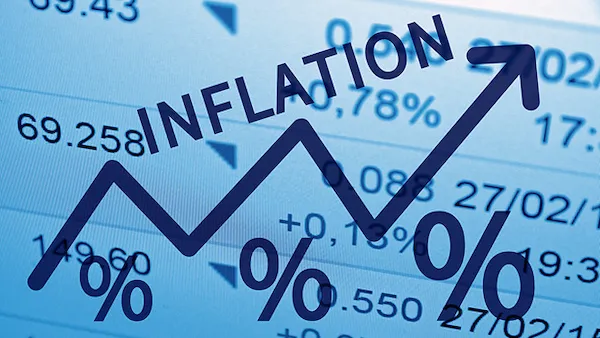According to official figures released on Saturday, Nigeria’s annual inflation reached a record 28-year high of 33.95% in May, exacerbating the hardships that have stoked popular ire against President Bola Tinubu’s economic reforms.
Inflation increased for the eighteenth consecutive month, up from 33.69% in the previous month.
Tinubu’s measures, which primarily cut energy and gasoline subsidies and devalued the naira twice in a single year, have increased price pressure.
Labour unions, who asked for a new minimum wage through an industrial strike that was called off after two days, have maintained that the reforms disproportionately affect the poor and have left millions of people facing the biggest cost-of-living crisis in decades.
The National Bureau of Statistics data indicated that in May, food and non-alcoholic beverages remained the main drivers of inflation.
The majority of Nigeria’s inflation was driven up by food prices, which increased to 40.66% from 40.53% in the previous month. Analysts say the major causes of Nigeria’s inflation are rising food prices and a declining value of the naira.
The report read, “In May 2024, the headline inflation rate increased to 33.95% relative to the April 2024 headline inflation rate which was 33.69 per cent. Looking at the movement, the May 2024 headline inflation rate showed an increase of 0.26 per cent compared to the April 2024 headline inflation rate.
“On a year-on-year basis, the headline inflation rate was 11.54 per cent points higher compared to the rate recorded in May 2023, which was 22.41 per cent. This shows that the headline inflation rate (year-on-year basis) increased in May 2024 when compared to the same month in the preceding year (i.e., May 2023).
For the third time this year, the central bank increased interest rates in May in reaction to the ongoing increase in inflation. Rates will remain high for as long as it takes to reduce inflation, according to Governor Olayemi Cardoso.


 Sports2 days ago
Sports2 days ago
 Metro2 days ago
Metro2 days ago
 Metro1 day ago
Metro1 day ago
 Culture2 days ago
Culture2 days ago































